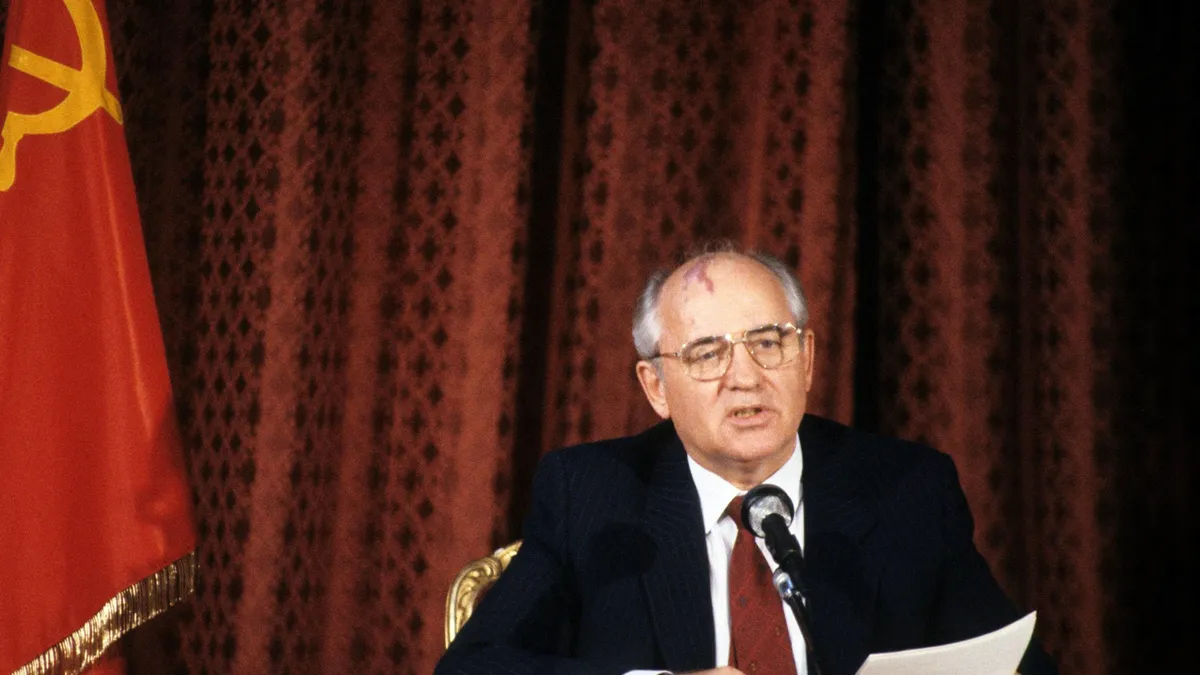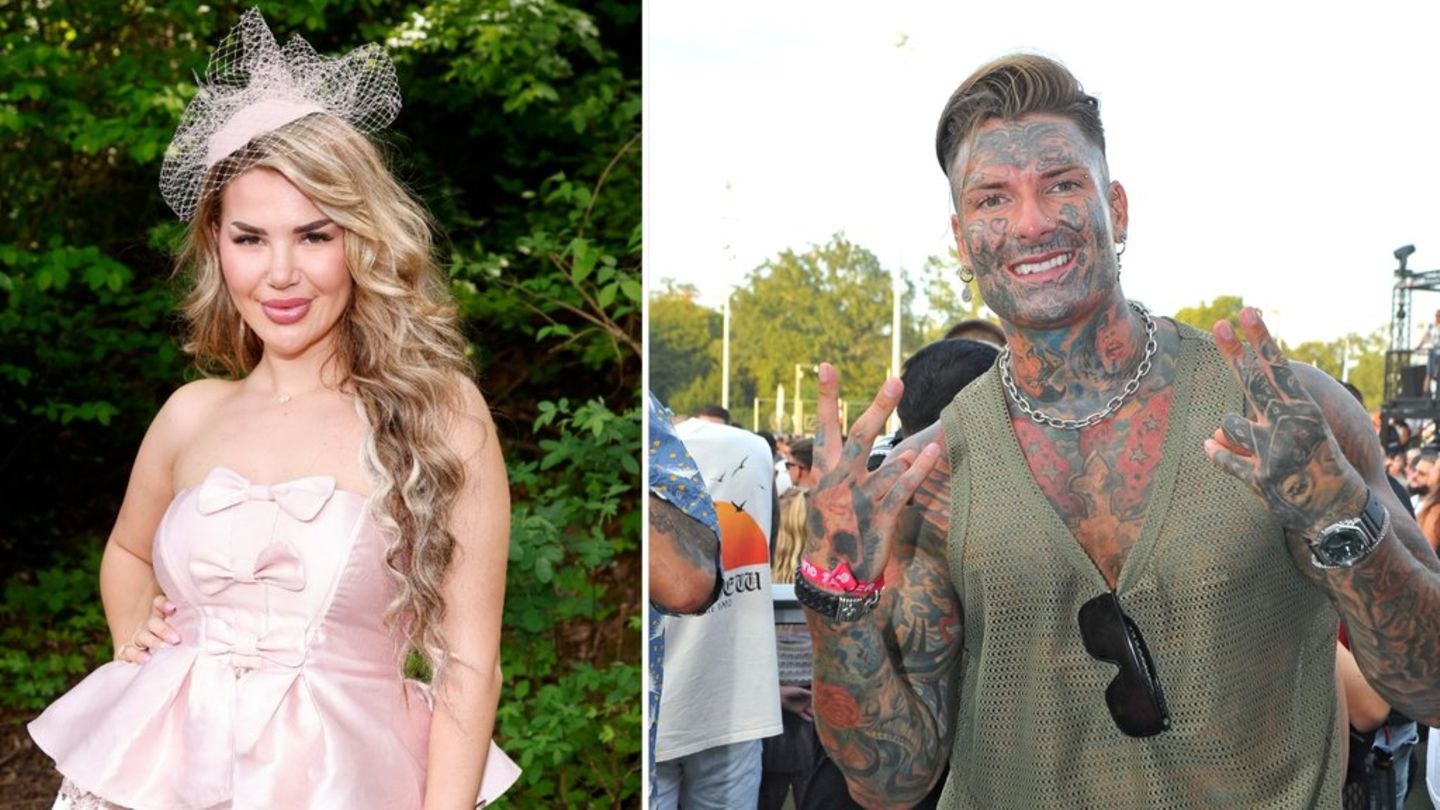On the other hand, it has been reported that He will be buried at the Novodevichy Cemetery in Moscow.in a tomb next to the remains of his wife Raísa.
who was gorbachev
Gorbachev was one of the most important politicians in world history. As a lawyer, He had his beginnings working in the Prosecutor’s Office, but his devotion to politics made him approach the Communist Party: it took him 15 years to become head of the movement in his region. Already by 1971, he entered the Central Committee, within the Soviet Union.
Being the top official in the Stavropol region, began to apply innovative methods in agriculture. In 1978 he was transferred to Moscow in order to take over the supervision of the agricultural sector on a national scale. In 1980 he was elected a member of the Politburo, the highest body of the executive power of the USSR, reviews the Russian media RT.
With the support of Yuri Andropov, the country’s leader from 1982 to 1984, Gorbachev became one of the most visible and active politicians in the Polituró. Together with Andropov, he undertook to commit economic and administrative reforms. After Andropov’s death in 1984, control of the country remained in the hands of 74-year-old Konstantin Chernenko, who died just a year later of a serious illness.
His coming to power
Gorbachev was General Secretary of the Central Committee of the Communist Party of the Soviet Union from 1985 to 1991, the year in which this political model collapsed. His administration was characterized by his main political promise: the “perestroika”, a term that means reconstruction, and it was proposed to reform the first socialist state in history.
With this incorporation, the communist country began to have some apparitions of the private world: “Commercial independence and financial self-management for manufacturing, the appearance of cooperatives, a history of private businesses and the annulment of restrictions for operations with currencies”, published RT.
“For the first time since the New Economic Policy (NEP) of the 1920s, private initiative was authorized in the country. restaurants, shops and other private businessesat the same time that the restructuring of most of the public companies whose allocation of resources was determined by the State began,” added that medium.
Gorbachev’s fall
Mikhail Gorbachev was forced to resign as head of the USSR. after 11 former Soviet republics created the Commonwealth of Independent States. Thus it became the visible face of the collapse of the communist state most important of the time.
“These were dark days for the Soviet Union, for Russia and for me too. But I had no right to do anything else,” said Gorbachev, already in old age, about those times when Soviet communism was collapsing. In fact, that politician argued that, had the reforms been made in time, the USSR could have survived the fall.
In statements quoted by Tass, Gorbachev also explained why he decided not to resort to force to maintain the cohesion of the communist bloc: “In the first place, because I would have ceased to be myself. Such a decision would have unleashed a very serious civil war with unpredictable consequences. He was certain that this scenario was to be avoided at all costs.”
In 1990, he received the Nobel Peace Prize, just a few months after the fall of the Berlin Wall. The recognition was granted for the changes in the relations between Moscow and Washington, in the final instance of the Cold War.
In recent years, he has risen to prominence as the leader of the Union of Social Democrats, a party formed after the official dissolution of the Russian Social Democratic Party in 2007.
Source: Ambito
David William is a talented author who has made a name for himself in the world of writing. He is a professional author who writes on a wide range of topics, from general interest to opinion news. David is currently working as a writer at 24 hours worlds where he brings his unique perspective and in-depth research to his articles, making them both informative and engaging.




